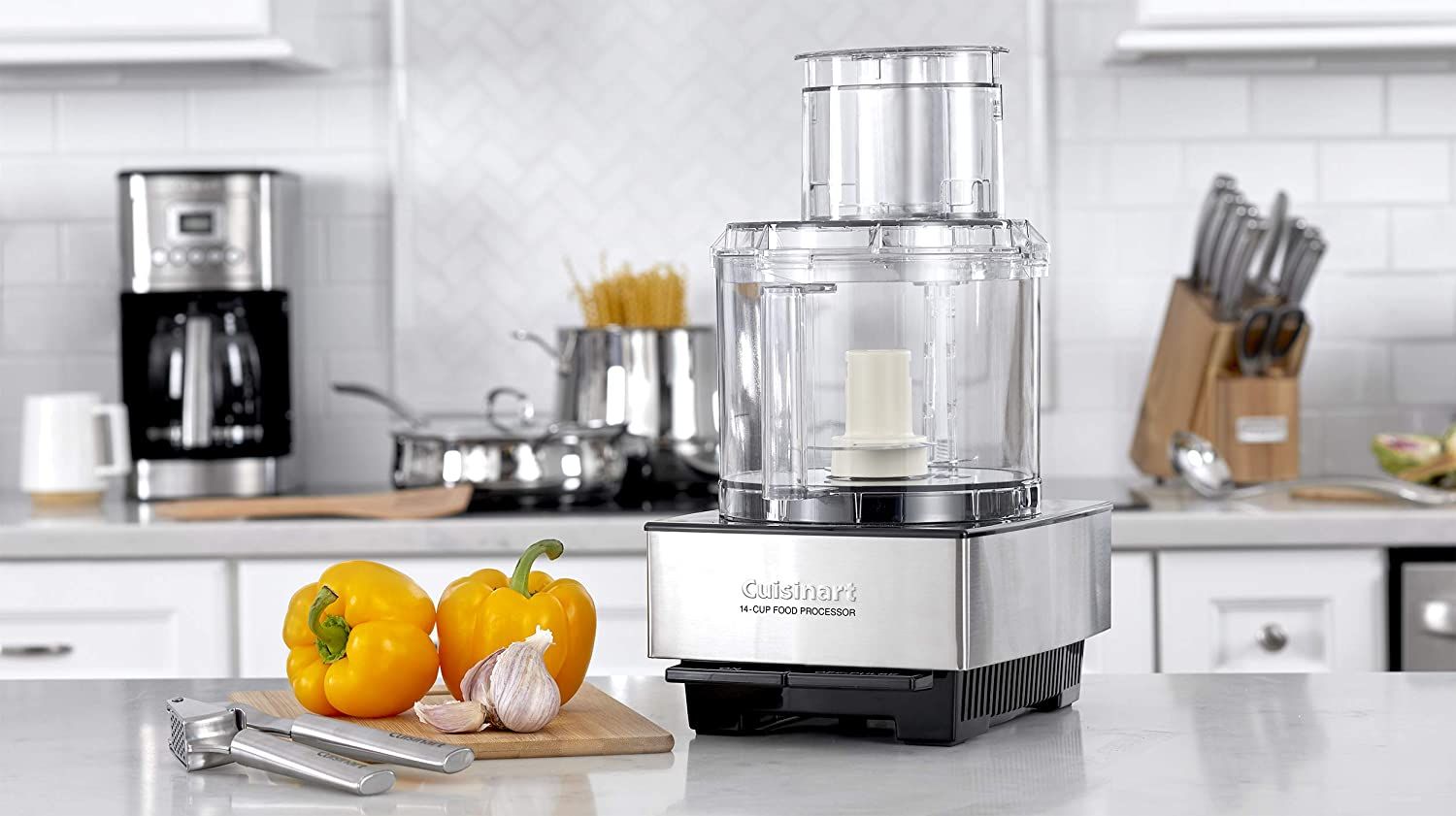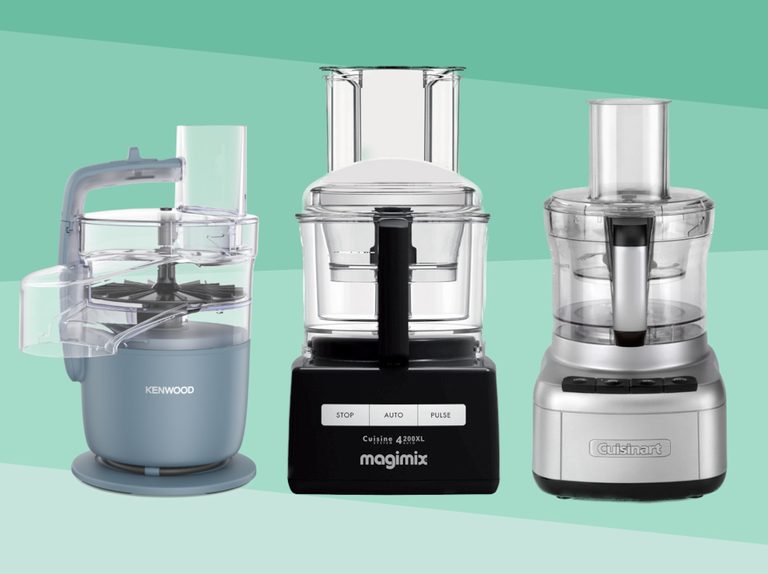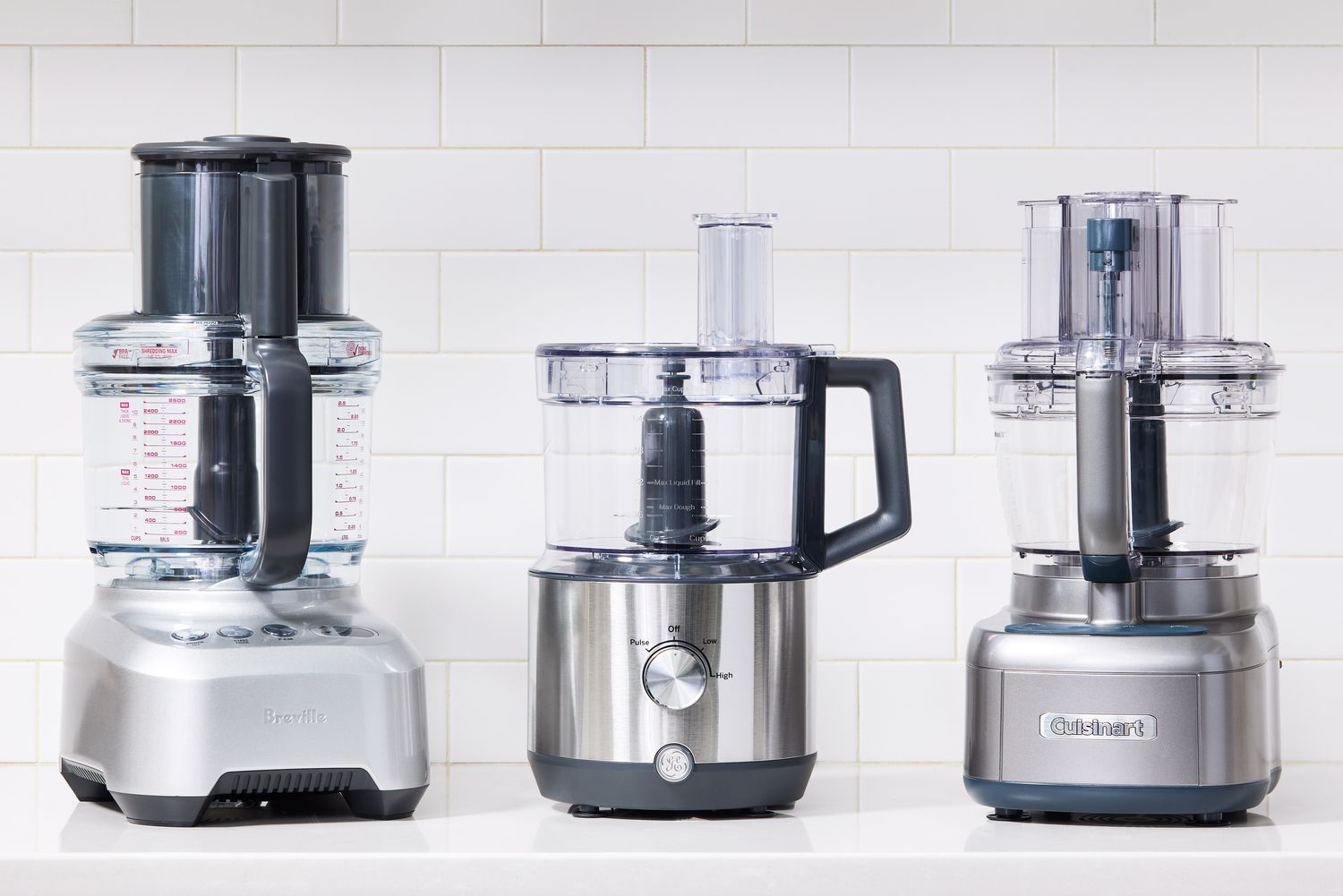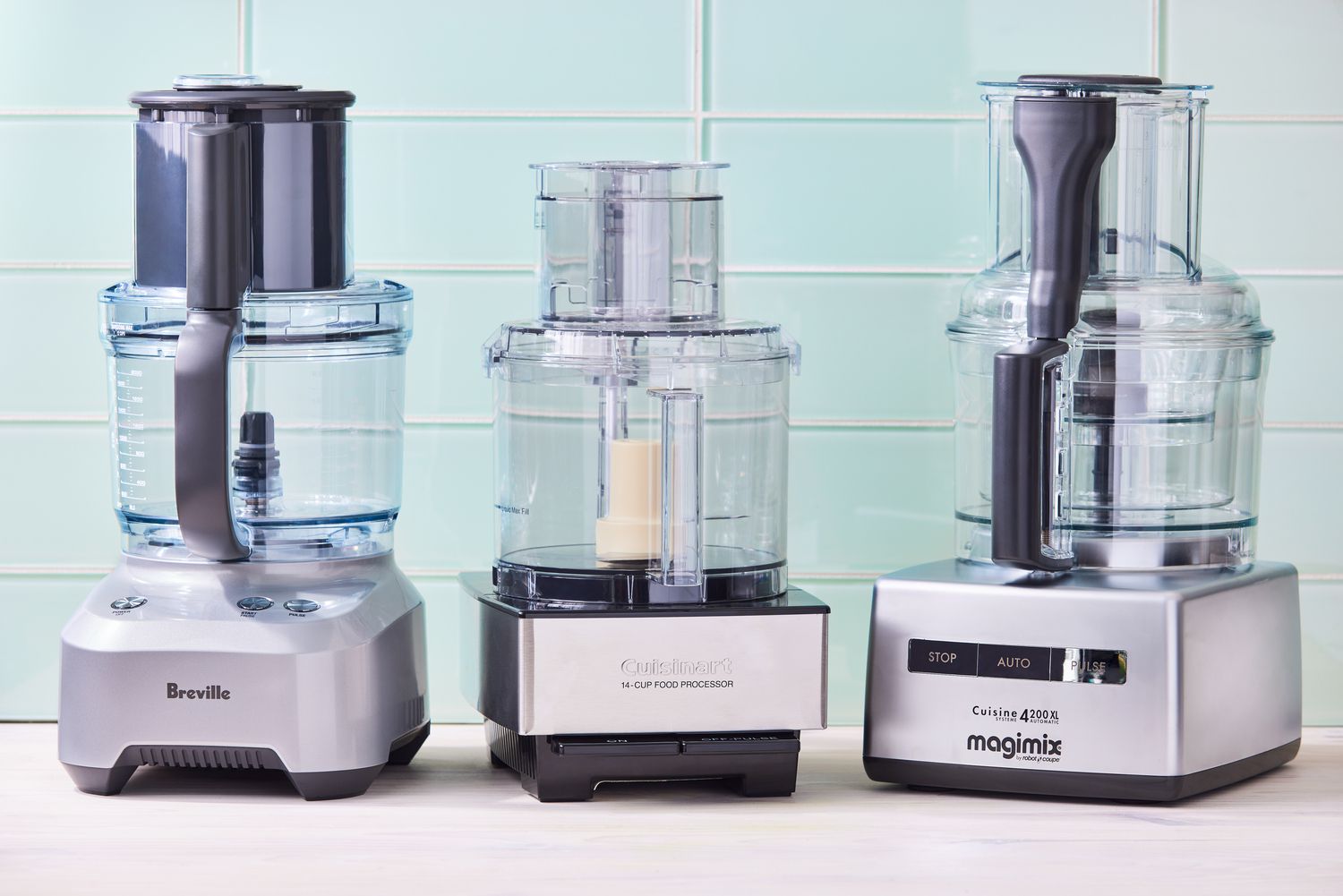I. Introduction
A. Overview of Food Processors
Food processors, versatile kitchen appliances, streamline cooking tasks and culinary creativity, from chopping and blending to shredding and pureeing. They are essential tools that have revolutionized home cooking and professional kitchens alike.
B. Role in Promoting Health, Creativity, and Sustainability
Food processors play a pivotal role in promoting a healthy, creative, and sustainable approach to cooking and meal preparation. Their impact extends to nutrient retention, culinary innovation, and eco-friendly food practices.
II. Health Benefits of Food Processors
A. Nutrient Retention and Balanced Diets
By efficiently chopping and processing fruits, vegetables, and other ingredients, food processors help to maintain the nutritional value of foods, enabling individuals to create balanced and wholesome meals.
B. Facilitating Healthy Cooking and Meal Preparation
Food processors encourage the use of fresh, whole ingredients in cooking, supporting a healthier diet and promoting mindful eating habits through convenient and nutritious meal preparation options.
III. Creativity in Culinary Exploration
A. Versatile Food Preparation
Food processors serve as a creative platform for culinary exploration, offering versatility in preparing a wide array of dishes, from sauces and dips to doughs and nut butters.
B. Innovative Recipes and Culinary Techniques
Their ability to swiftly process ingredients fuels culinary innovation, inspiring chefs and home cooks to experiment with elaborate recipes and diverse cooking techniques, enhancing creativity in the kitchen.

IV. Role in Sustainable Food Practices
A. Minimizing Food Waste
Efficiently processing ingredients, food processors assist in transforming food scraps and excess produce into usable components, contributing to the reduction of food waste in households and commercial kitchens.
B. Supporting Sustainable Culinary Choices
By promoting the use of locally sourced, whole foods and encouraging homemade preparations, food processors align with sustainable culinary practices, minimizing the environmental impact of food production and consumption.
V. Accessible and Inclusive Culinary Tools
A. Convenience and Accessibility
Food processors offer convenience and accessibility in the kitchen, empowering individuals of all skill levels to engage in cooking and food preparation, irrespective of their culinary expertise.
B. Promoting Inclusivity in Culinary Arts
Their intuitive design and user-friendly functionality contribute to inclusivity in culinary arts, making cooking and meal preparation more accessible to diverse individuals, including those with physical limitations.

VI. Influence on Modern Cooking Trends
A. Impact on Home Cooking Habits
Food processors have reshaped modern cooking trends, motivating individuals to embrace homemade meals and experiment with diverse cuisines, translating into a shift towards healthier and more personalized dietary choices.
B. Shaping Culinary and Dietary Trends
Their influence extends to shaping culinary and dietary trends, sparking a renewed interest in whole foods, plant-based diets, and innovative cooking techniques, reflecting evolving consumer preferences and demands.
VII. Technological Advancements in Food Processor Design
A. Integration of Smart Features
Modern food processors integrate smart features and advanced functionalities, enhancing precision, performance, and user experience, catering to the evolving needs of contemporary kitchens.
B. Eco-Friendly and Energy-Efficient Designs
Through eco-friendly and energy-efficient designs, food processors capitalize on sustainable practices, reducing resource consumption and minimizing environmental impact while providing efficient and effective food processing solutions.
I. Exploration of Culinary Traditions
A. Preservation of Cultural Cuisine
Exploring the impact of food processors on the preservation and accessibility of traditional culinary practices, promoting cultural diversity and preserving heritage recipes.
B. Fusion of Global Flavors
Highlighting the role of food processors in facilitating the fusion of global flavors, enabling culinary enthusiasts to experiment with diverse cultural ingredients and cooking techniques.
II. Culinary Education and Skill Development
A. Culinary Skills Enhancement
Examining how food processors contribute to skill development and culinary education, providing a platform for individuals to hone their cooking abilities and experiment with advanced techniques.
B. Kitchen Efficiency and Time Management
Discussing the impact of food processors on kitchen efficiency, optimizing time management and simplifying meal preparation, improving productivity in home and professional kitchens.
III. Culinary Wellness and Dietary Adaptations
A. Influencing Dietary Preferences
Exploring the influence of food processors on dietary adaptations, driving shifts towards health-conscious eating habits, accommodating various dietary preferences and restrictions.
B. Nutritional Integrity and Meal Planning
Emphasizing the role of food processors in maintaining nutritional integrity and facilitating meal planning, supporting healthier lifestyles and personalized dietary choices.
IV. Culinary Artistry and Gastronomic Innovation
A. Culinary Artisan Creations
Showcasing the contribution of food processors to culinary artisan creations, empowering chefs and food artisans to produce intricate, handcrafted culinary creations.
B. Gastronomic Innovation and Cutting-Edge Techniques
Examining how food processors inspire gastronomic innovation, enabling chefs to experiment with cutting-edge culinary techniques and revolutionize the culinary landscape.
V. Culinary Entrepreneurship and Small-scale Production
A. Small Business Culinary Ventures
Exploring the impact of food processors on culinary entrepreneurship, empowering small-scale food producers and culinary artisans to launch and expand their businesses.
B. Artisanal Food Production
Highlighting the pivotal role of food processors in artisanal food production, supporting the creation of small-batch, sustainable, and high-quality culinary products.
VI. Social and Cultural Significance of Food Preparation
A. Communal Cooking and Social Bonding
Examining the social significance of food preparation facilitated by food processors, fostering communal cooking experiences and strengthening social bonds within communities.
B. Culinary Celebrations and Festivities
Exploring the influence of food processors on culinary celebrations and festivities, elevating food preparation practices during cultural and social events, and enhancing culinary traditions.
VIII. Conclusion
A. Recap of Versatility and Impact
Food processors have significantly transformed the culinary landscape by offering unparalleled versatility and impacting cooking practices in diverse ways. Their multifaceted capabilities have revolutionized meal preparation processes, allowing for healthier, more sustainable cooking practices while fostering innovation in culinary creativity. From chopping, grating, and pureeing to blending and mixing, food processors have streamlined the way ingredients are handled, resulting in an increased focus on fresh, whole foods and homemade meal preparation. This shift towards health-centric and sustainable cooking aligns with the growing emphasis on mindful eating and environmentally conscious food practices.

B. Future Prospects and Adaptations in Culinary Technology
Looking ahead, as advancements in culinary technology continue to unfold, the role of food processors is primed to evolve, offering enhanced functionalities designed to further promote health, creativity, and sustainability in the kitchen. Anticipated adaptations in culinary technology will likely encompass features that optimize nutrient retention in processed foods, facilitate inventive cooking techniques, and support eco-friendly culinary practices. With a focus on addressing the evolving needs and preferences of consumers, future food processors are anticipated to integrate smart features, ergonomic designs, and innovative materials, ultimately enhancing the efficiency and sustainability of culinary processes. Additionally, increased connectivity and personalization options are expected to be key focal points, catering to a diverse range of cooking styles and dietary requirements, thereby solidifying the position of food processors as indispensable tools for modern kitchens.

